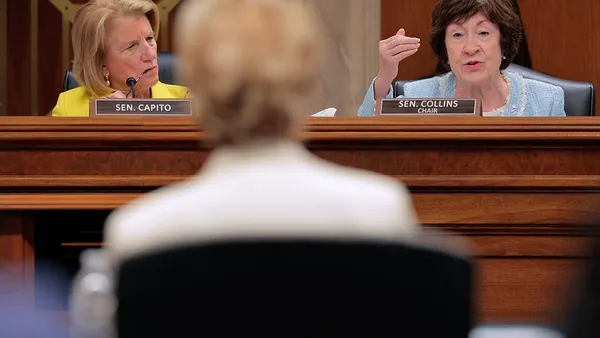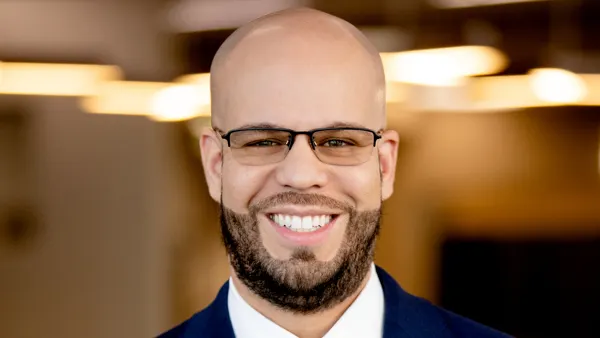Dive Brief:
- States are investing federal COVID-19 relief funds to build up the early childhood education workforce through increased compensation, mental health supports, professional development and more, according to an analysis of spending from the National Association of State Boards of Education.
- The pandemic has put more stress on the early childhood education sector, which was already suffering from high demand and low supply even before the pandemic.
- From December 2019 through March 2021, some 9% of licensed child care centers closed, according to ChildCare Aware of America.
Dive Insight:
As of May, 12% of early childhood education positions — or 117,400 — remained unfilled or were eliminated, according to NASBE. Many early education programs closed temporarily during the pandemic, wreaking havoc on the ability to maintain a stable workforce.
Additionally, pre-K enrollment fell 18% — or by nearly 300,000 children – during the pandemic, erasing 10 years of pre-pandemic enrollment progress.
Money from the Elementary and Secondary School Emergency Relief fund, however, has provided states an opportunity for a strong recovery, NASBE said. “With substantial federal COVID relief funding, state boards of education have new opportunities to advocate for investment in efforts to address ECE teacher shortages and retention in particular,” said Winona Hao, NASBE’s director of early learning, in a statement.
The association's report points to three areas where early childhood education funds are being invested, as well as examples of state spending practices:
- Compensation and benefits. States including Georgia, Illinois, Michigan, New Jersey, and New Mexico are using relief funds to give one-time bonuses of $750 to $1,500 to educators. Kentucky is using ESSER money to help child care providers increase hourly pay for workers.
- Mental health and well-being supports. The Louisiana Department of Education is using $1 million in Governor's Emergency Education Relief funding for a three-year initiative to provide all public school and child care educators access to free virtual teletherapy sessions. This initiative evolved after a survey revealed that nearly 40% of early childhood educators in Louisiana were showing signs of depression.
- Professional development. In Utah, the State Board of Education, dedicated $12 million in ESSER money to establish the K-3 Early Professional Literacy Project. The project provides training for Utah’s K-3 teachers, administrators, literacy coaches and school psychologists in the science of literacy. The funding is targeted to high-need districts based on reading assessment performances.
Other state activities, such as analyzing early childhood education workforce data and aligning early education strategic visions into larger education plans, can also help elevate efforts to strengthen the workforce, NASBE said.












